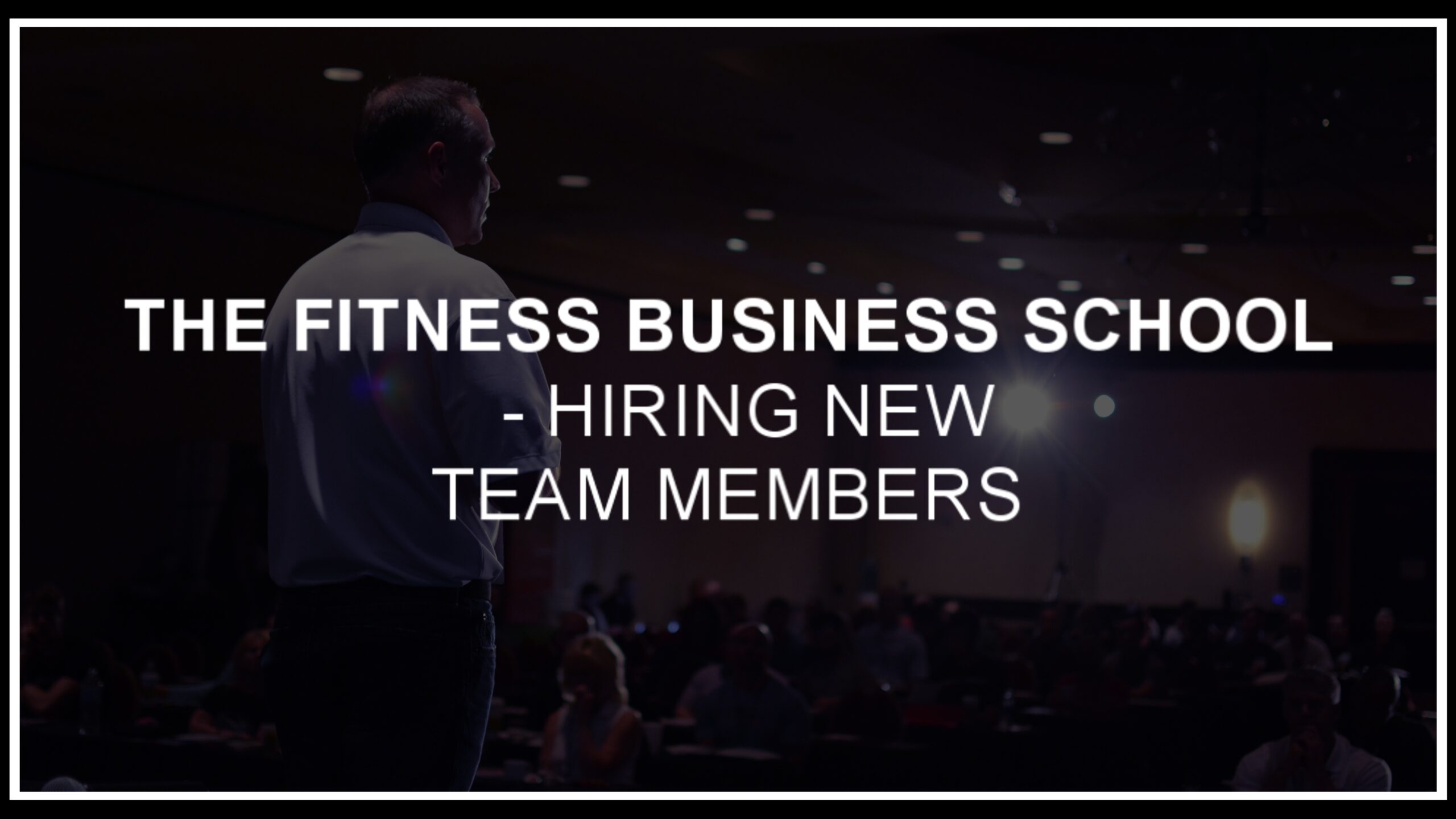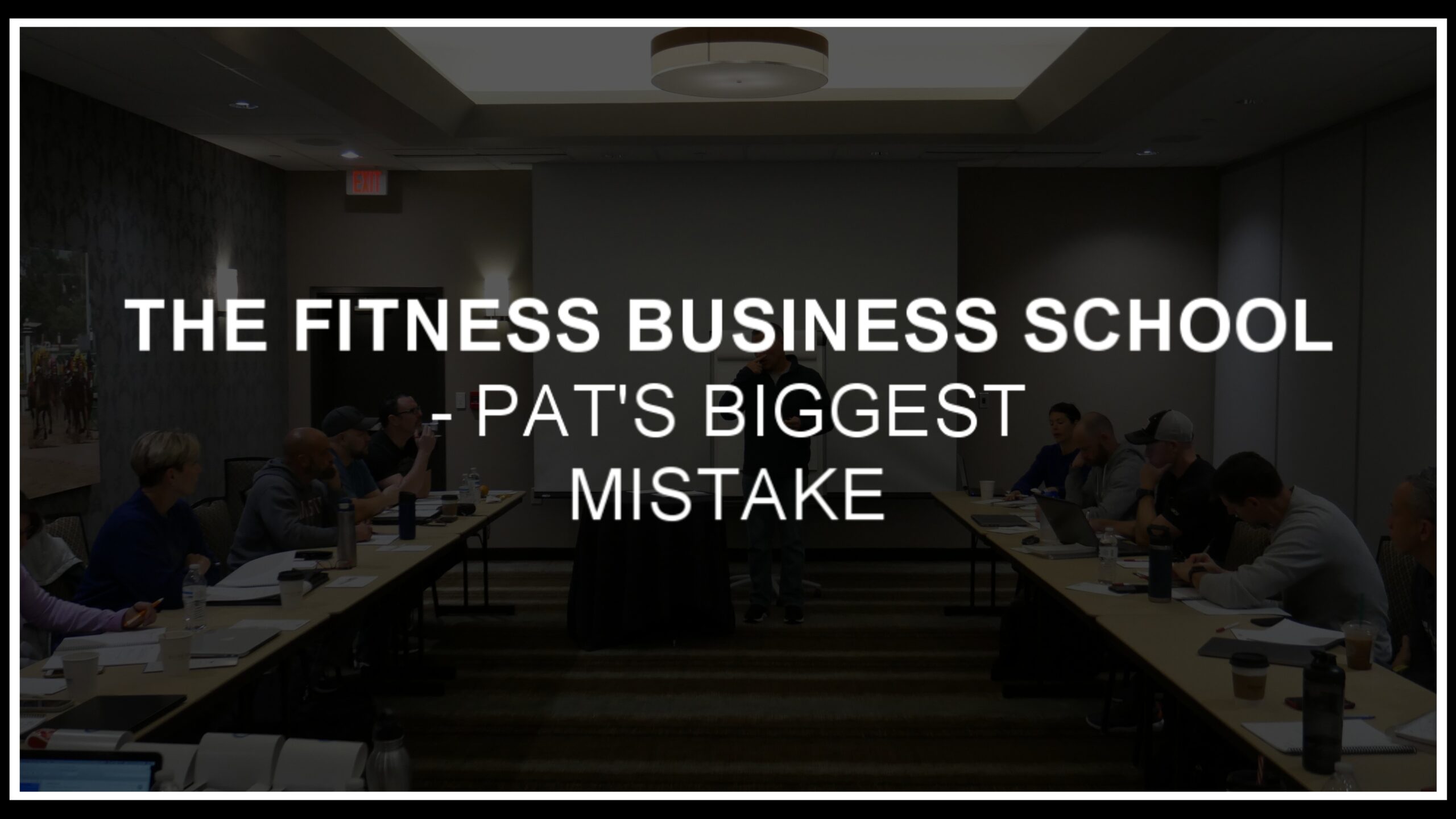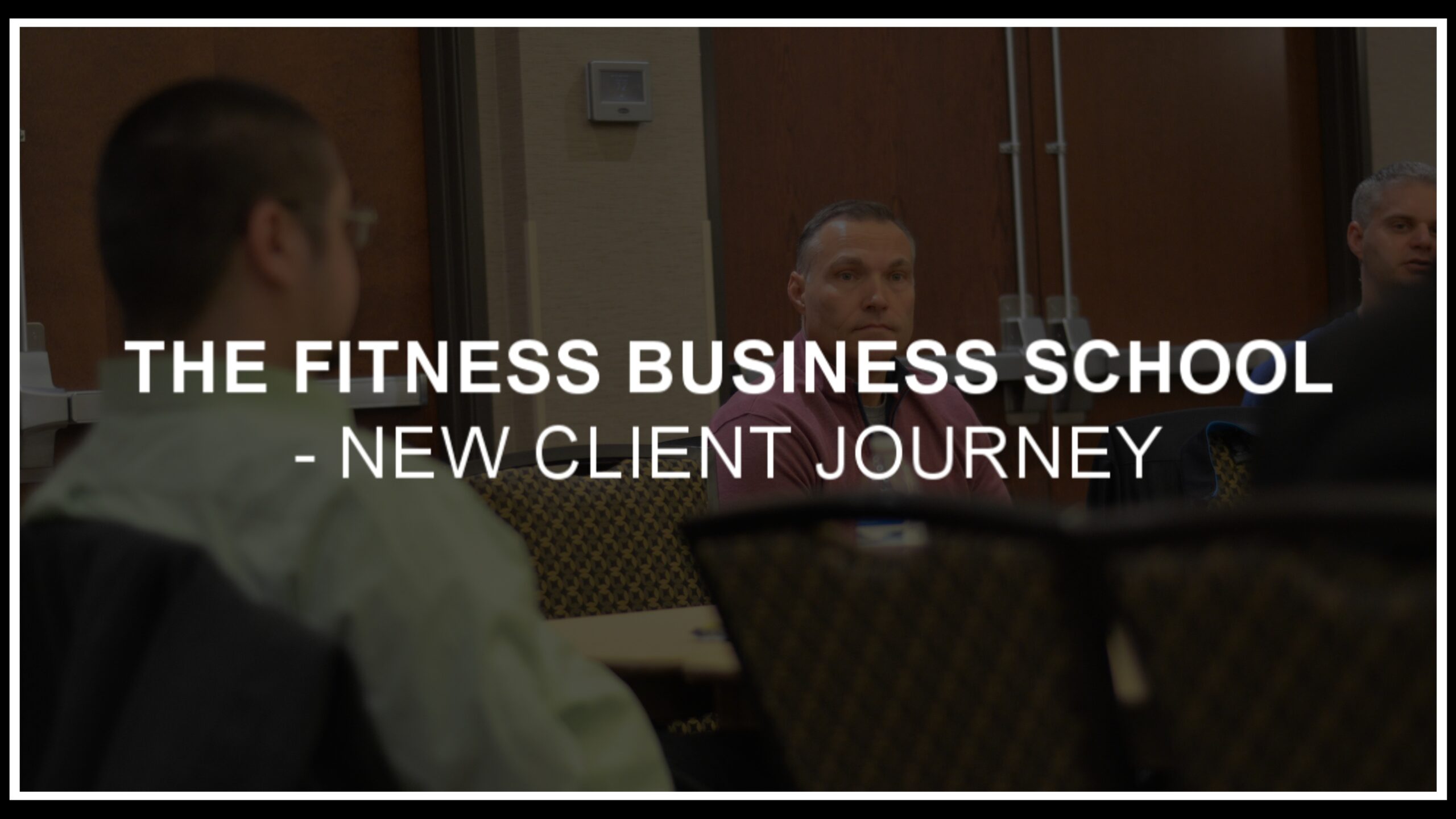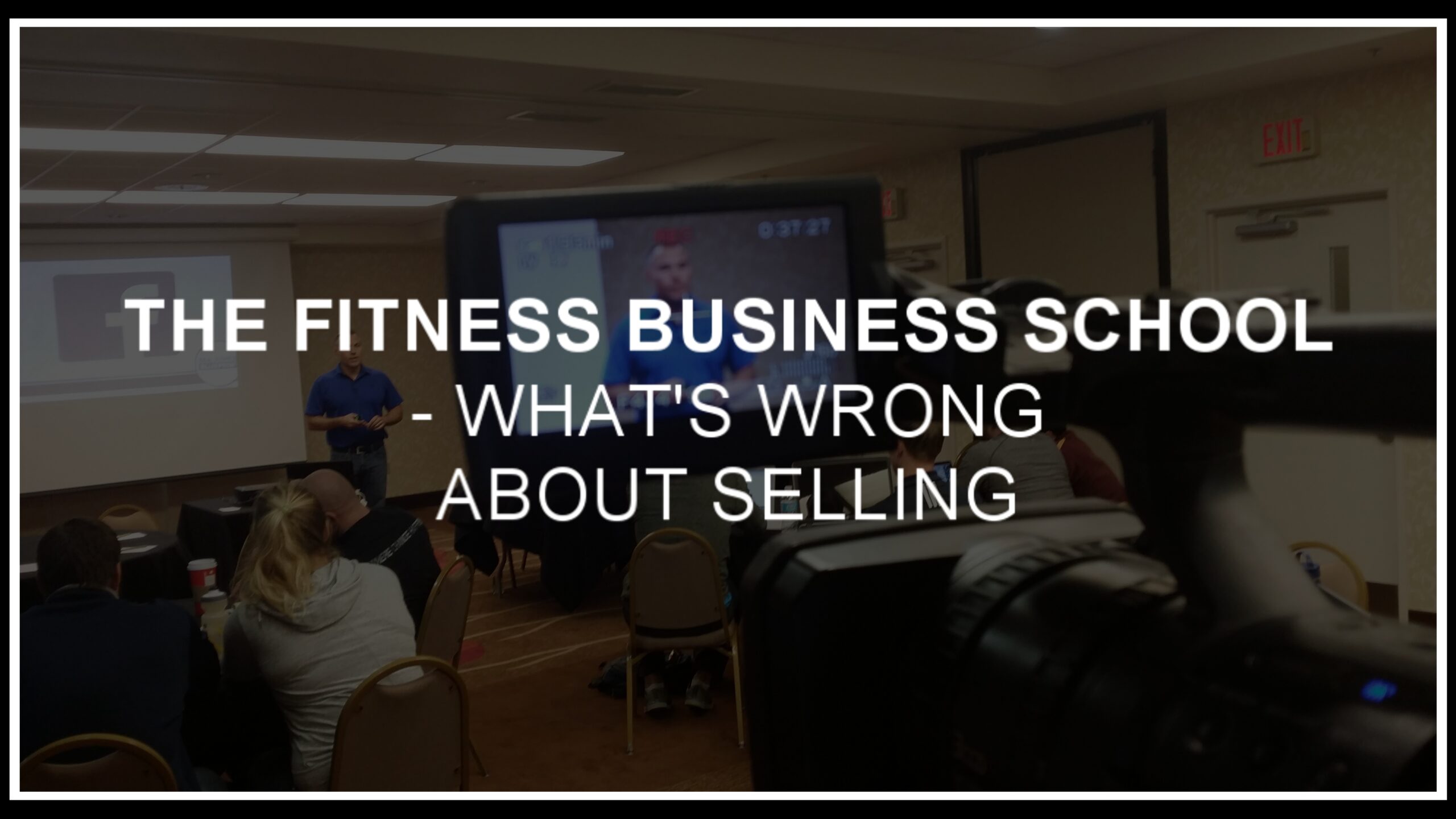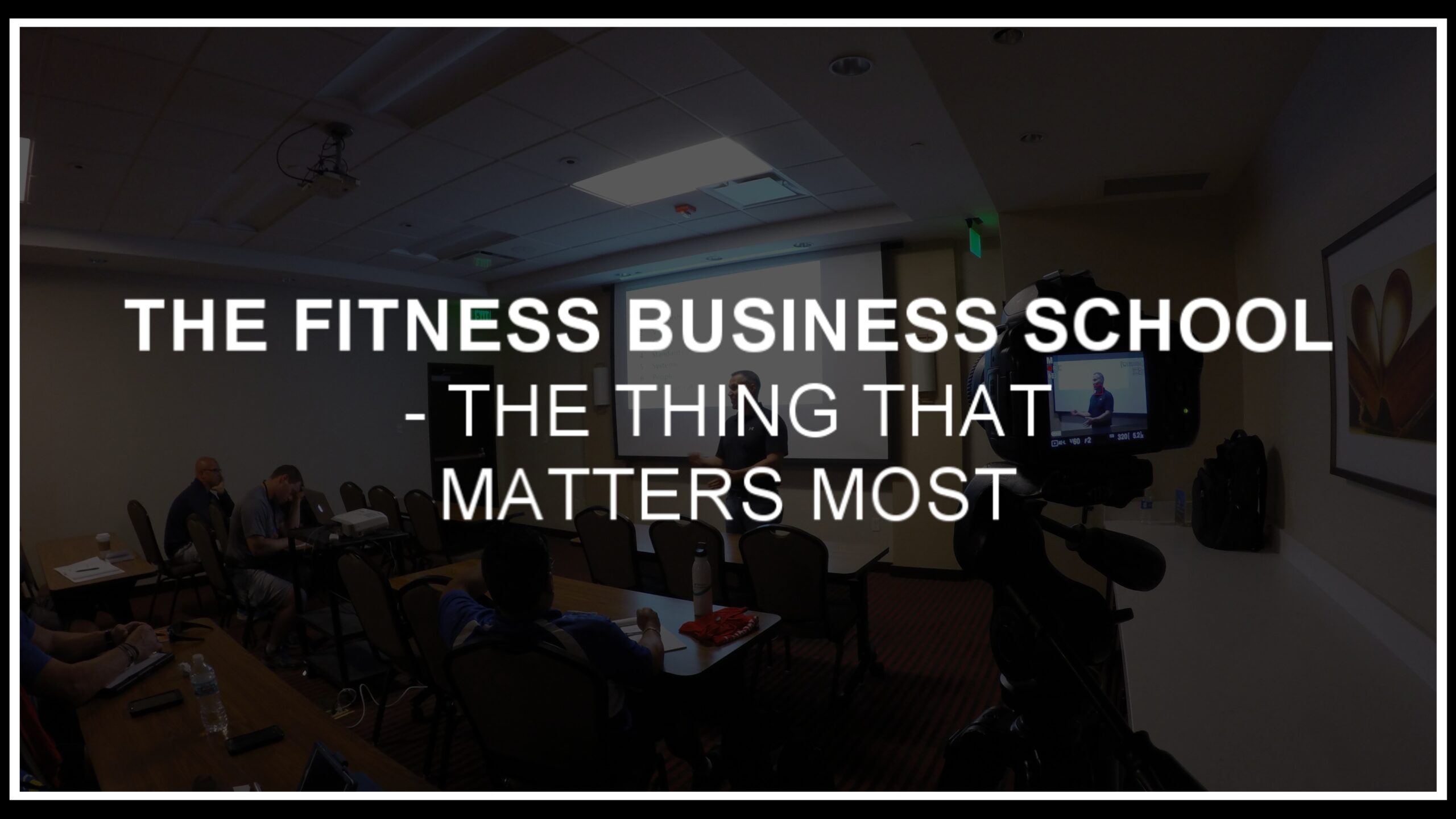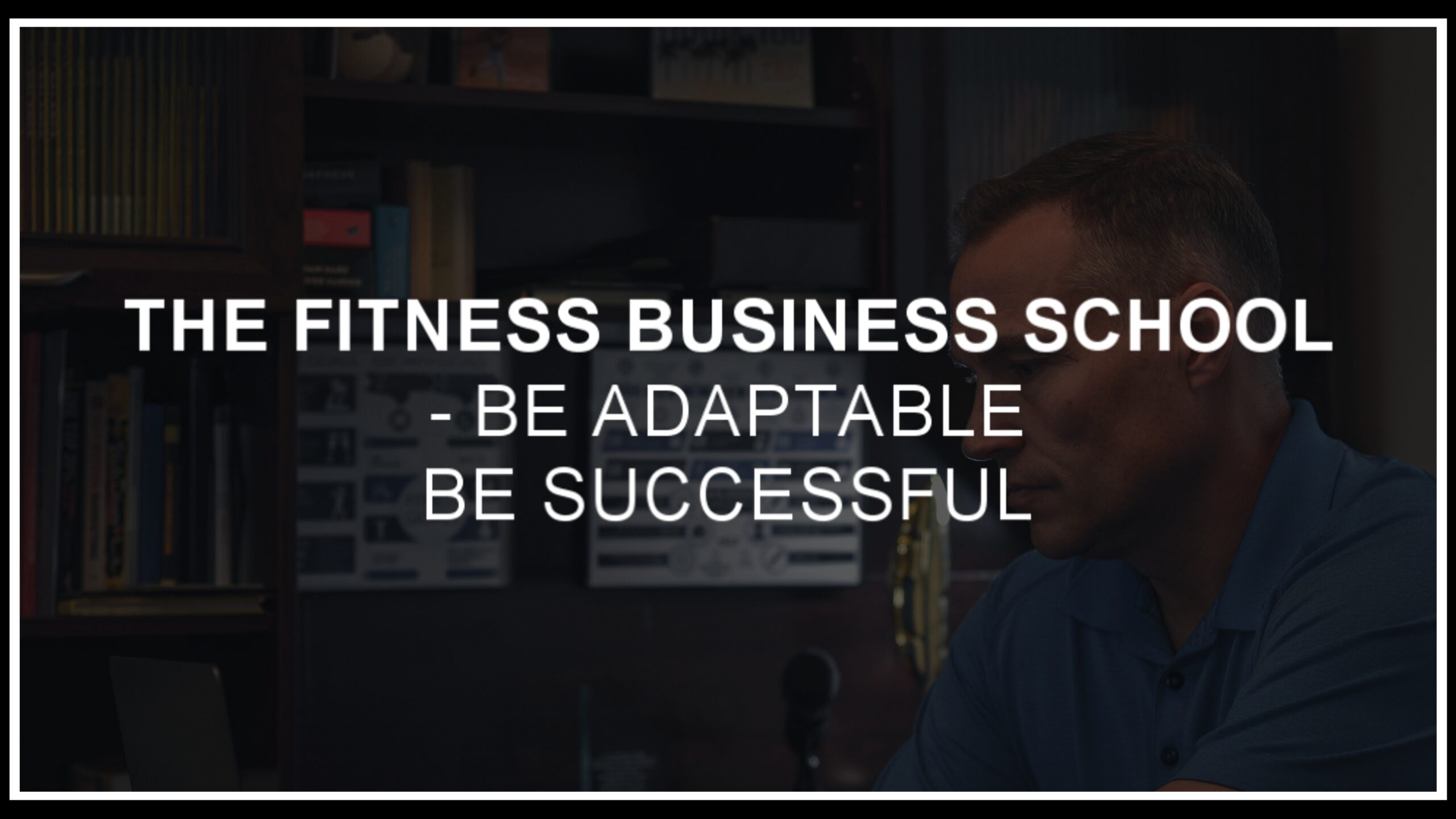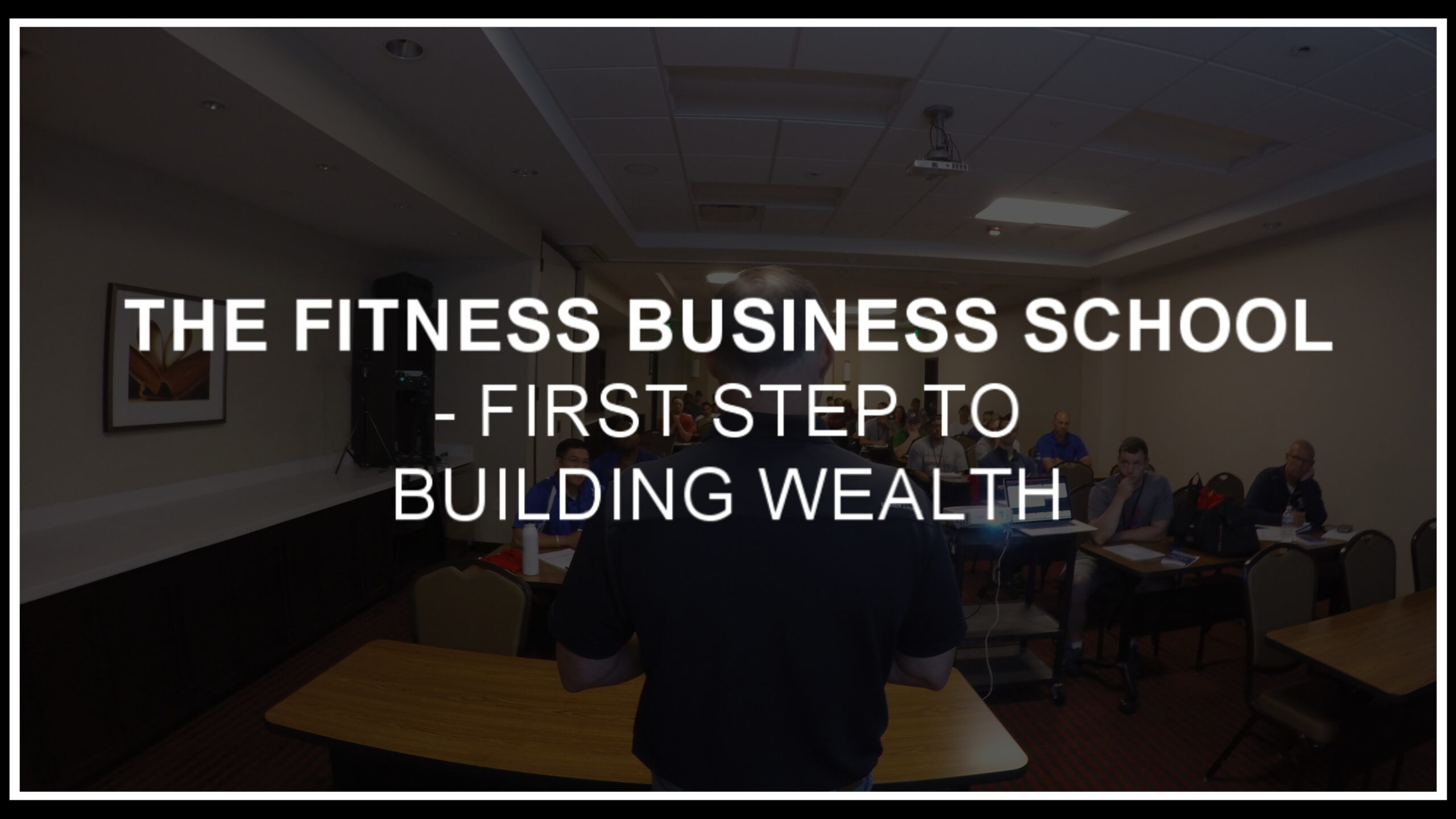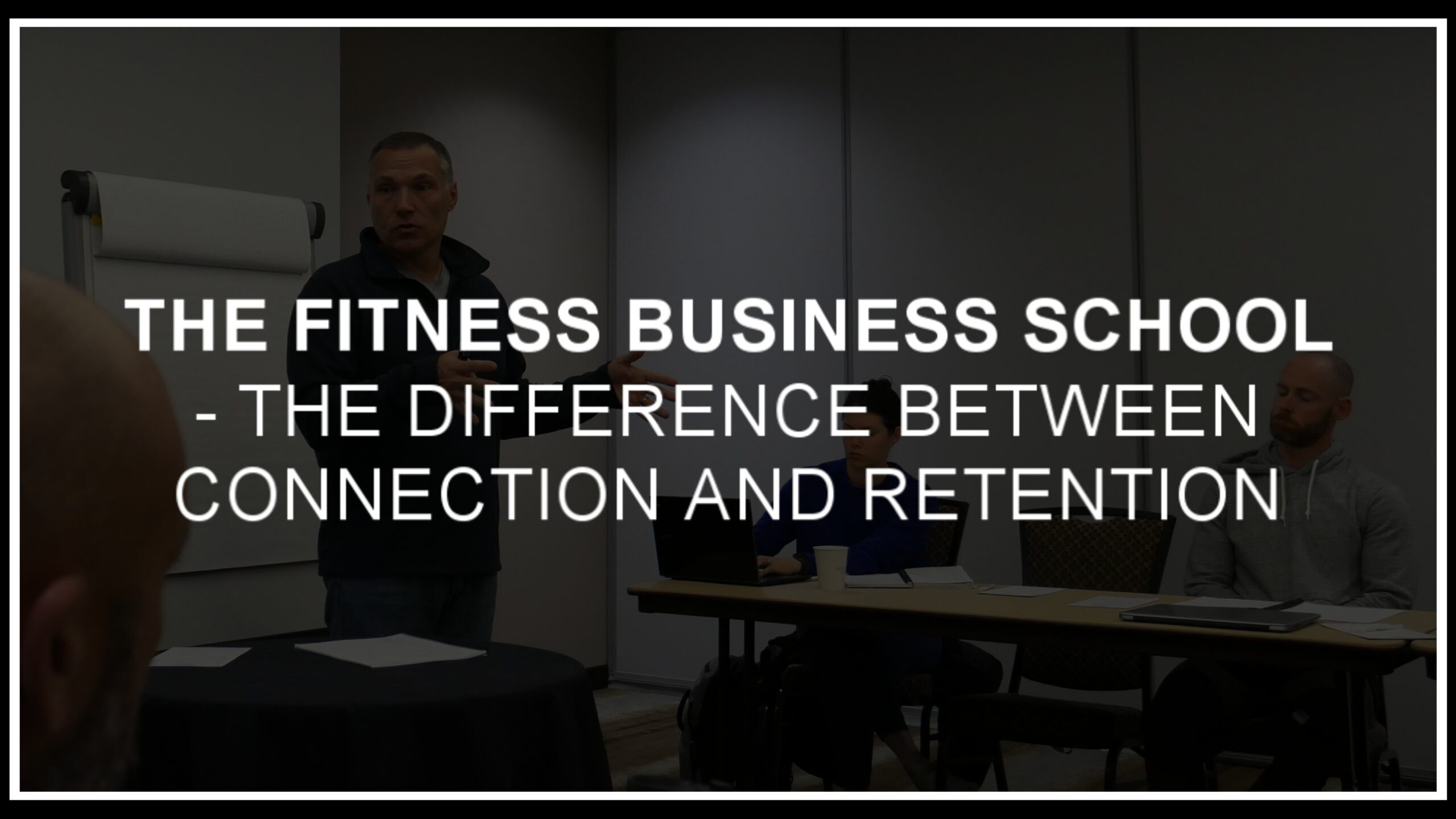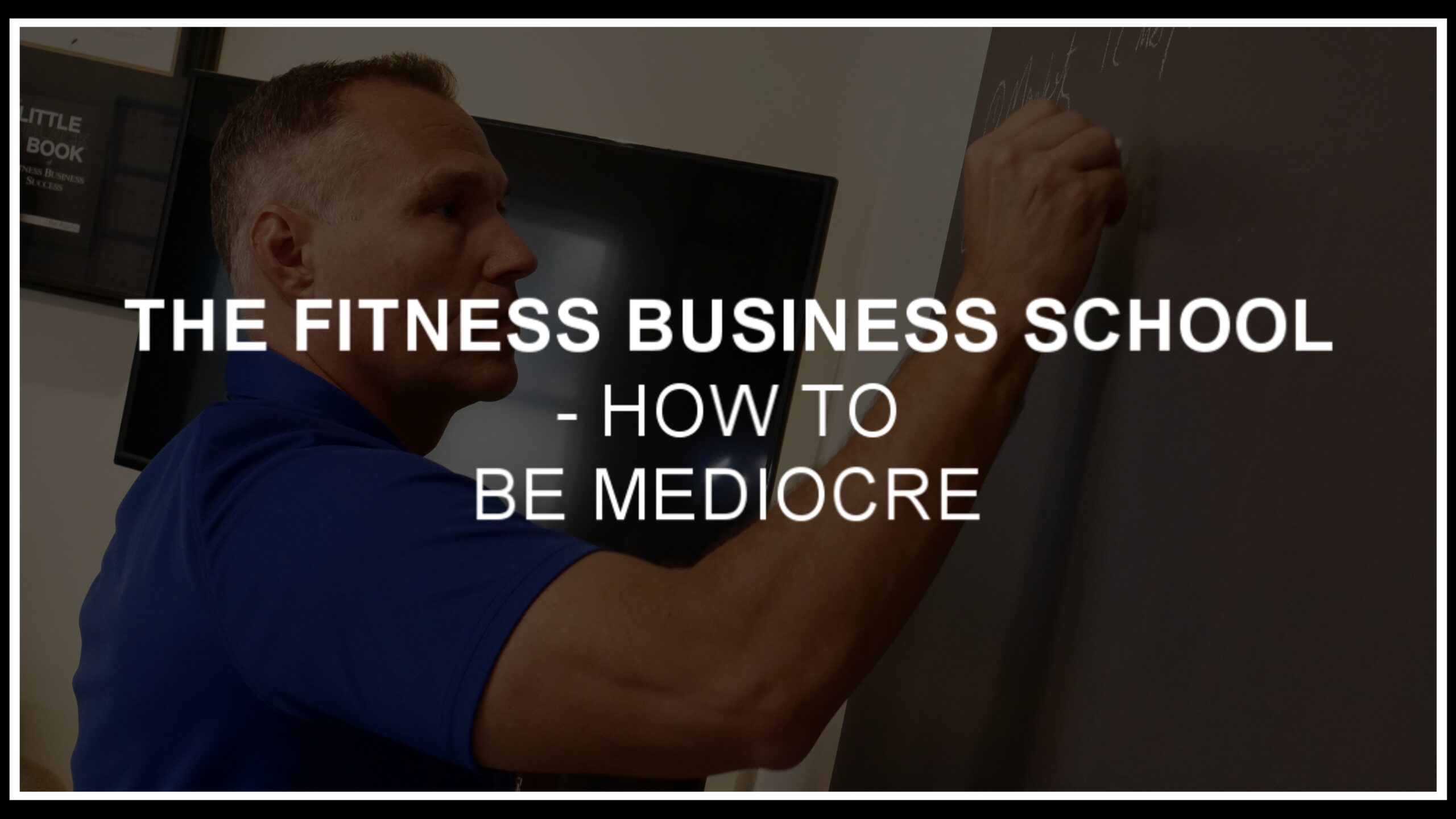Show Notes
- Don’t pass the buck by blaming younger generations
- Security and compensation is great – but fulfillment is big
- Opportunities are plentiful, good workers don’t have to settle
- Build a pipeline – consider starting an internship program
- Get referrals from within in your network
- Always be recruiting
- Be realistic in your expectations and behavior
P.S. – 6-Weeks of Coaching…Free.
Get a surge of new clients and revenue over the next 6 Weeks with ZERO FEE and no obligation to continue?
If you’re a current business owner who wants to add 50K or more in annual revenue over the next 12 month, you can Test Drive our coaching program for 6 Weeks with no fee or even an obligation to continue as a way to demonstrate how we can help you grow your business.
No strings attached. No obligation. You get our best coaching & tools…and hopefully, you’ll love it enough that you want to keep working together.
Would you be interested in discussing?
If so, email me here with ‘interested’ in subject line and we’ll set up a chat.
Full Transcript
Hey, Pat Rigsby here and in today’s episode I want to talk with you about hiring new team members and a different way to approach it. Let’s get started.
Welcome to the Fitness Business School podcast, the show for fitness business owners who want to grow their income, increase their impact and improve their lifestyle. Be sure to listen till the end of this episode because we have a brand new special offer exclusive for listeners. So stay tuned.
A really common topic that I’ve heard from coaching clients, members of our boardroom group and, and, and just interaction with small business owners is how
much trouble they’re having hiring good help. And it is one of those things that I think that there’s probably varied factors that play into this, but I would say that most small business owners, at least in our industry, are looking at it in a way very differently than I look at it.
So you’ll hear people very regularly say that, pay young people don’t have this type of work ethic, or young people aren’t motivated, or I can’t get young people to
do this or that. And it’s kind of basically passing the buck on, on our responsibility and saying it’s the potential employee’s problem is if this generation is any different from previous generations, at least any more so than my generation was, than my parents or theirs was from their
parents and historically I can look back and read plenty of stories about people who in World War I are trying to forge birth certificates to go be, to fight in
Europe. And they’re 15 years old, 16 years old, and they’re trying to go do that.
I mean, let’s face it, the, the world keeps moving and, and the, the way that young people think and operate and how they view their opportunities and how they wanna spend their life, it’s all very different with each passing generation. And anybody that is trying to measure how somebody’s acting today or how somebody behaves today and measure that against how it might have been in in their generation, is looking at this completely the wrong way. And, and I’m not even saying
that’s an opinion. I’m saying that’s a fact because historically people are going to change and evolve. And if you are not willing to adapt to that, then you’ve basically said, business ownership is going to be very hard for me by my own choice. And I think that you can find people that wanna work. We
have young people involved in what we do, who are motivated, who are smart and eager, but maybe they value different things at this point.
Maybe they value doing something that they’re excited about or passionate about or interested in more than they view the security or something like that as the priority. Like when I would’ve been growing up it was very common for the generation before me to talk at length about, Hey, find a stable job that has good benefits, that has good pension or retirement and make that your priority. And they didn’t really spend a lot of time talking about, Hey, find something that you’re really excited about doing or play to your strengths or anything like that. But that was their own experience that they
were trying to pass on. That was the experience that was passed down to them having parents that in many cases had gone through the depression or something like that. And so that’s the stuff that they heard. That’s the world that they grew up in.
I know that a lot of people in my hometown had grown up and there was a robust kind of factory landscape. There was a big steel mill that employed a lot of people at one point, like their biggest shoelace manufacturer in the world was actually in my hometown. So there were a lot of people, these factory jobs. And then when those things went away, clearly the people who were in that town were kind of scarred from that, right? Like, so they’re saying, Hey, if you can find
something stable that that provides you security, latch onto that. And so when people pass this down to us, they’re just sharing their own experience. And that’s not necessarily the, the way things operate today. So the, the thing that I would tell you is when I chat with, with young people, the things that they’re looking for in a job may be a little bit different, right?
And they’re probably not willing in some cases, to just take a job based on security or compensation. They want some sense of fulfillment, they want some sense of purpose. They’re unwilling to work for a bad boss, which anytime I get in an Uber or Lyft, when I’m traveling, I asked the driver if this is their full-time job or a part-time thing, and every time they say it’s a full-time, and I’ll ask them what they did before. And I’m telling you like two out of every three, three out of every four, they’ll say, I left because I didn’t like my manager didn’t like my boss. And that doesn’t mean that they’re right or wrong. It just means that it probably, at least to some extent, kind of validates this idea that you can’t expect somebody to come and just work for you no matter.
Like, if you give them the worst shift and you’re unpleasant to them and you just think, well, hey, they’re gonna do this, and they’re, they’re an employee. I think that young people now may be a little bit savvier with that sort of stuff and also know that because there are so many jobs open and so many people are pursuing employees rather than employees pursuing jobs they have a lot of opportunities. So they don’t necessarily have to settle. So if you are trying to look for good people, where where can you start? Well, the first thing that I would do would be to build a pipeline if you can with an internship program, because let’s face it, not every person that you’re going to in encounter is gonna be the right fit for you. Not every person is passionate about what you do is you
know, that, that there sense of purpose lines up with what you are actually doing.
So find an internship program that you can hopefully drive a few people through the door and create your own little pipeline. The second thing that you can do is look for referrals from your own network. You can talk to the people that are clients, talk to the people in your life because you know they’re going to be able to make introductions to you and connect you in a way that you’re just not gonna have the same luck being one more posting on indeed. The third thing that I would say is always be recruiting. I took this from the time, my time in college athletics, like I am always looking for potential people to involve in what we do. And it doesn’t mean that I always have openings, but we’ve just added somebody to manage one of our programs that was somebody that had been a client for a long time.
So I got to see how that person operated, how that person thought, how that person responded to adversity, what their work ethic looked like before they ever would be talking to me about a position. And for me, that’s the ideal scenario. I get to be kind of evaluating and assessing when somebody doesn’t know that I’m thinking of them in that light. And so I get to see a more real version of them versus kind of a choreographed version. But then maybe the overlooked
one that a lot of people don’t understand is there are plenty of people out there that can help you that are not in your local market. And, if you were running a fast food restaurant and you needed somebody to work the window and somebody to work the grill and that sort of stuff, maybe this
wouldn’t be an option.
But in our world, there are a lot of marketing things that can be done, administrative things that can be done that don’t require somebody to be in the gym. I think some people understand the ad agency stuff, but you could have some, you can outsource somebody sending your emails, making your social media posts, doing data entry confirming stuff confirming prospects coming in. You can have somebody do a lot of that stuff. You can have somebody do a lot of your web work and they don’t have to be local. And frankly, the nice thing about it is if it’s kind of agency work, you don’t have to pay that person probably as
much as you would have to pay somebody for them to be willing to come in and work for you.
Because it’s really hard to hire somebody for like five to 10 hours a week to come in and that’s not enough money for them to live on if that’s their job with you. But maybe that’s all the work that you have in that kind of lane in the business and in that role. But if you outsource that somewhere else and somebody can make a career out of that, they can make a full blown job out of that because they’re doing it for five or 10 or 20 people, then now you are getting somebody who’s skilled in that is learning best practices. So they’re probably gonna be better than the person you’d learn in person. They’re, you’re probably gonna have to do less training and development of that person. So that’s a good opportunity. When it comes to things like nutrition coaching, if you don’t have
somebody on staff that wants to deliver it, there are plenty of other coaches that you can form a strategic alliance with.
It will deliver it under your umbrella, under your brand, in partnership with you. If, if you’re gonna be doing it on Zoom, it doesn’t matter if somebody’s doing it halfway across the country on Zoom on your behalf, as long as they’re meeting your standards, they’re, they’re delivering the type of program you
want and you’re doing it profitably. So I think that leveraging talent that isn’t tied to you from a geographic standpoint provides a lot of opportunity because those people don’t necessarily need to make a full-time or even half-time wage from you. And a lot of times they’re gonna do better
work because if this is what they do, rather than you having to train them to do this thing, they’re probably gonna be pretty skilled. And then the last thing that I will tell you about bringing on good help is you’ve gotta be realistic.
Like, people are not gonna be interested in executing your vision if you’re not interested in them as humans. And so you’re gonna have to care about the person. If you expect them to execute the process. People are going to likely graduate from working with you if there’s not a lot of upward mobility or just
because maybe their preferences changed just like probably yours did over time, that’s okay. You’re building a role that is maybe great for somebody who’s at a certain stage of their career journey that that has a certain compensation tied to it, but don’t expect people to stay 10 years in a job
that is compensating somebody for a wage that’s probably appropriate for a person a year outta college. So if you don’t have upward mobility built in the way that a lot of small businesses don’t, that’s not an indictment against us.
It’s just if you have a single location, it’s not like everybody can ascend to be the general manager. It’s not like everybody has unlimited upside in their job. So a lot of times you’re gonna graduate people. So if you’re filling the pipeline, if you’re looking at things the way that I talked about this, if you’re creating
a good job environment that would be attractive for the next person to come in and you make sure that the person that you have working is creating, executing, improving on systems so the next person can come in and succeed, then the business doesn’t suffer. And in fact, you, I mean we see it all the time
with a lot of the better businesses out there. We see plenty of people that graduate, great team members that go on and start their own business or move on into professional sports or something like that.
And that becomes a marketing tool for the business to attract even better talent into their pipeline. Whether it’s part-time employees, whether it’s full-time employees, whether it’s interns, but you just have to look at hiring differently than most people do. And if you are willing to look at hiring in the
way that the landscape actually is right now, instead of trying to turn this back to 1995 or 1976 or something like that, the way that people operated, then you’re gonna be happier. The people you’re bringing on are gonna be happier. You’re gonna have a fuller pipeline and you’re gonna be setting
yourself up to succeed.
Thanks for listening to this episode of The Fitness Business School.
Before you go, I’ve got a quick announcement. When I first connect with fitness business owners, they almost always ask me how I can get more clients and make more money. Well, I’ve got an exclusive offer for you and it’s gonna help you do just that.
And as a listener of this show, I would love to invite you to a conversation where you and I can talk about our new program, the Business Growth Sprint.
The Business Growth Sprint is a one-of-a-kind program where you get everything you need.
We actually work with you one-on-one, unlimited, one-on-one coaching and support.
We design a marketing plan for you.
We give you assets to execute the plan.
It’s unmatched in our industry between the level of coaching, the frequency of accountability, the simple step-by-step nature and the completeness of how it’s gonna guide you to making more money and improving your personal income fast.
Imagine having every tool, template, ad, and script that you need all ready-to-use. Plus you’re going to get one-on-one access with me and the other coaches on my team to make sure that everything from your business growth plan to your marketing and sales system is done, turnkey, ready to go.
And what’s great is there is zero risk. We guarantee that you are going to add at least $4,000 a month in recurring revenue, or $20,000 a month cash collected as part of this program in just four months.
So if you are interested, if you’d like to discuss and see if this is a fit, just shoot me an email at [email protected] and put Sprint in the subject line and I’ll get you all the details.


